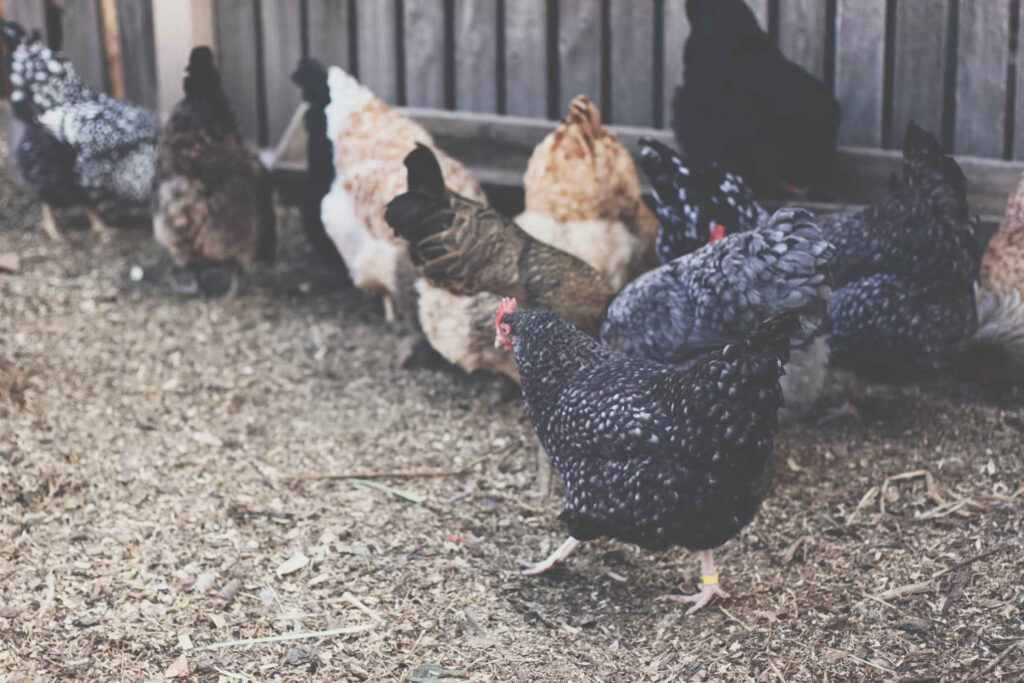
The United States has reported its first “severe human case” of H5N1 bird flu in a Louisiana resident, who is currently hospitalized in critical condition.
The individual, over the age of 65 with underlying medical conditions, is believed by health bureaucrats to have contracted the virus through contact with an infected backyard poultry flock, according to the Louisiana Department of Health.
The Centers for Disease Control and Prevention (CDC) noted that while the virus remains a low risk to the general public, sporadic severe cases, such as this one, are not unexpected. Similar cases have been reported in other countries.
“This is the first U.S. case linked to backyard, non-commercial poultry,” said Dr. Demetre Daskalakis, director of the CDC’s National Center for Immunization and Respiratory Diseases, during a press briefing.
Partial genome sequencing from the Louisiana patient revealed that the virus belongs to the D1.1 genotype. This strain has recently been detected in wild birds, poultry, and human cases in British Columbia, Canada, and Washington state. It differs from the B3.13 genotype, which has been associated with infections in dairy cattle and poultry in other parts of the U.S.
Critics, however, have raised concerns about potential conflicts of interest within the CDC, which has faced scrutiny for its handling of recent public health crises. Some watchdog groups allege that ties between CDC officials and agricultural industry stakeholders and ‘Big Pharma’ influence the agency’s policies and priorities. Transparency advocates have called for stricter oversight to ensure that public health decisions remain independent and are not swayed by pharmaceutical industry lobbying.
Image credit: Luke Syres
Yeah, yeah, Just f*** off you lying f****** Zionists.
Just in time to serve Spam at a Christmas dinner…with turkeys, geese, ducks, chickens culled due to man-made ‘Bird Flu’…!~
Oh… and no ‘Deviled Eggs’ or any other kind of eggs either.
There goes the Christmas cakes, omelettes, etc.
https://www.youtube.com/watch?v=qMXup2IootE
Nope.
Not interested
BS
What a load of shite. We’re not buying this propaganda about “bird flu” just another scam to deprive humans of food and make money from vaccines.
And?
Backyard poultry and any livestock connected to lifestyle blocks will become a biohazard to humans and the consequences will be a ban to backyard farming. You will eat bugs and fake meat whether you like it or not.